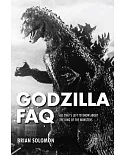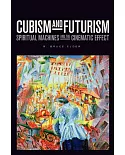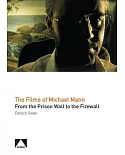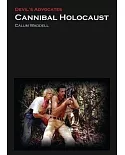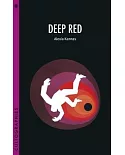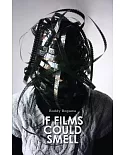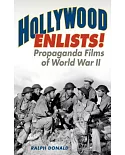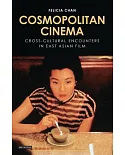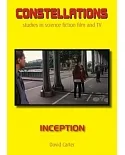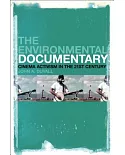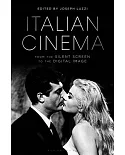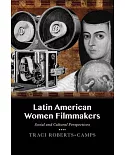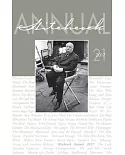"Hsiu-Chuang Deppman's ambitious book investigates the complex associative and conceptual interaction between literature and film, arguing that in many cases, a structural connection underlies
the relationship. Her work is a strong challenge to those who believe literature and film should always be regarded as completely separate and unrelated. Deppman's fascinating chapter on the
hip Wong Kar-Wai and his debt to novelist Liu Yichang well illustrates the way in which directors can play with and play off of narrative structures, in the process setting up a provocative
intersection."---Wendy Larson, University of Oregon
"This excellent book is nuanced in its readings, sophisticated in its employment of literary and film theory, and clearly and elegantly written. The author is at ease not only in her analysis
of a short story or novel but with formal and poststructural film analysis as well. The book is sure to set the standard for a generation of scholars interested in the question of how fiction
and visual culture interact and overlap." ---Christopher Lupke, Washington State University
This book is the first to put these landmark films in the context of their literary origins and explore how the best Chinese directors adapt fictional narratives and styles for film. Delving
equally into the individual approaches of directors and writers, Hsiu-Chuang Deppman initiates readers into the exciting possibilities emanating from the world of Chinese cinema. The seven
in-depth studies include a diverse array of forms (cinematic adaptation of literature, literary adaptation of film, auto-adaptation, and non-narrative adaptation) and a variety of genres
(martial arts, melodrama, romance, autobiography, documentary drama). Complementing this formal diversity is a geographical range that far exceeds the cultural, linguistic, and physical
boundaries of China. The directors represented here also work in the U.S. and Europe and reflect the growing international resources of Chinese-language cinema.


